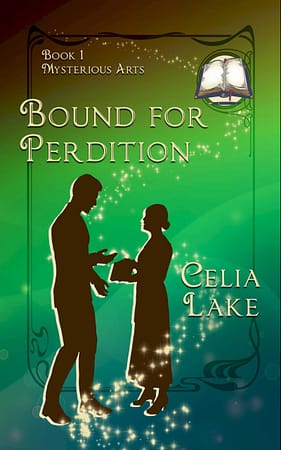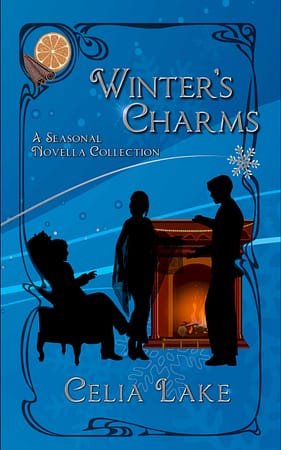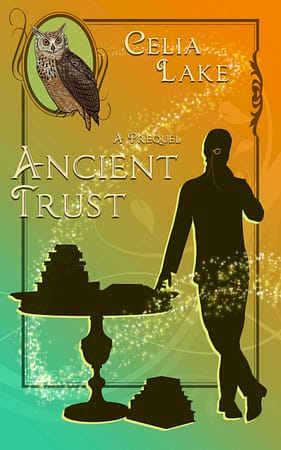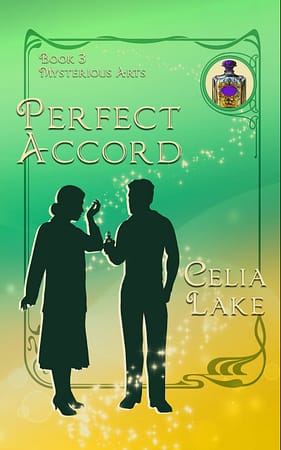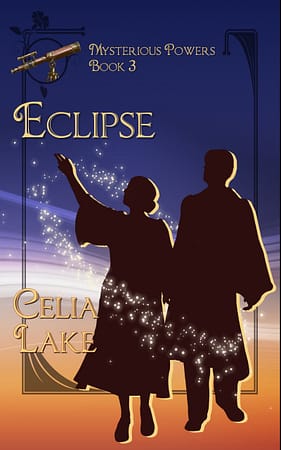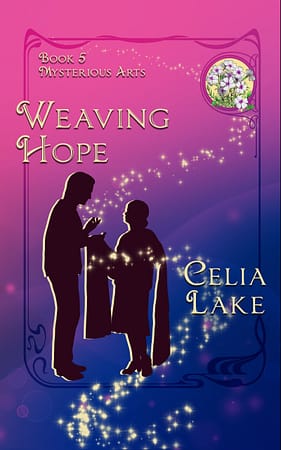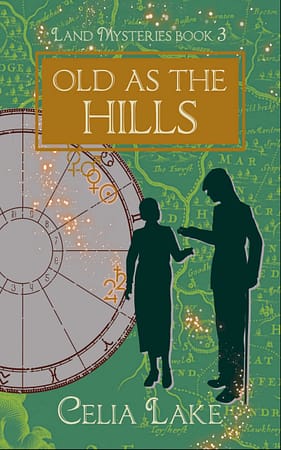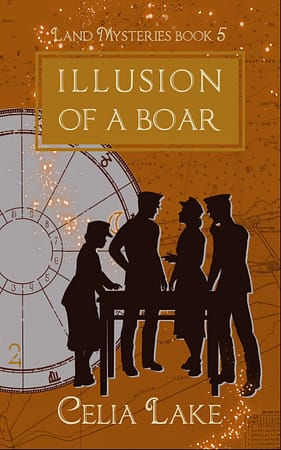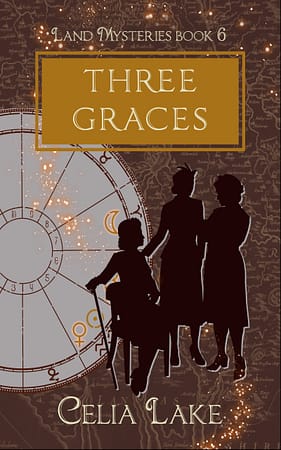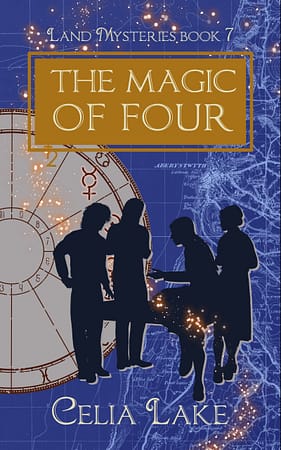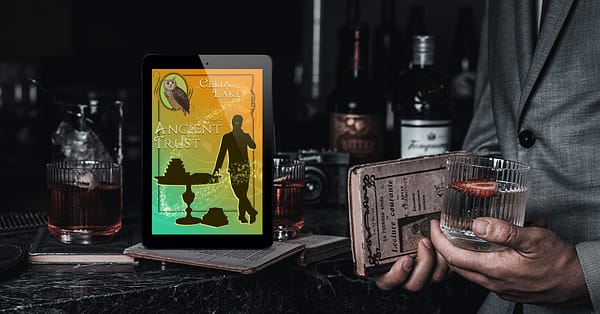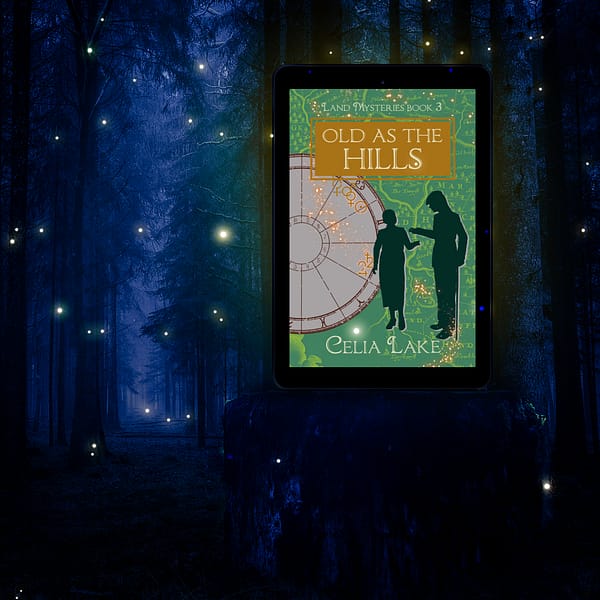It seems a good time for an update on neurodiverse characters in my books (the last one was back in 2021.) April is one of the months celebrating neurodiversity (Autism Acceptance Month), and there was a recent extensive rec post on /r/romancebooks on Reddit for romances with neurodiverse characters.
As I did in 2021, we’re going to go at this by character (alphabetically by first name), since many relevant characters appear in multiple books. My goal with writing has always been to reflect a wide range of experiences of the world like me and many of my friends. And that includes people who don’t always get to be the ones on adventures or getting a happy ever after romance.
There are a number of other characters in my books you might reasonably read as neurodiverse. I’ve mentioned a few at the end of the post that Kiya and I have discussed back and forth, but some of this is in the eye of the beholder. Reader perception is important too!
Just want to explore some books? Here are all the titles that particularly feature a neurodiverse character.
Showing books 1-16 of 16
Period: Edwardian
Romance: F/F, Late in life romance, Closed door, Lesbian
Content notes: Click here to reveal
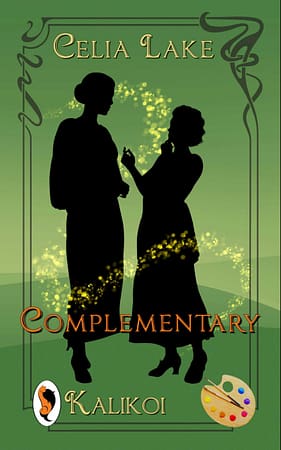
Period: 1920s
Romance: M/F, First relationship, Demisexual, Bisexual
Content notes: Click here to reveal
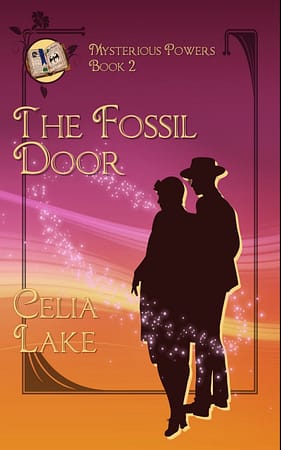
Period: 1920s
Romance: M/F, First relationship, Late in life romance, Closed door, Demisexual
Content notes: Click here to reveal
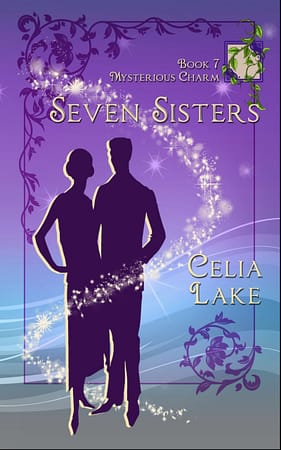
Period: 1920s
Romance: M/F, First relationship, Late in life romance, Demisexual
Content notes: Click here to reveal
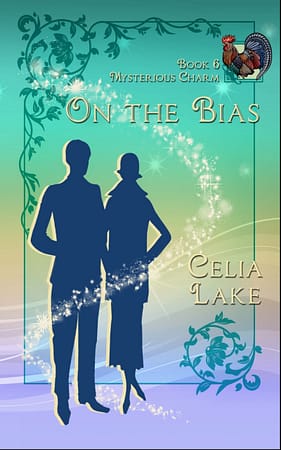
Period: 1920s
Romance: M/F, Established relationship, Closed door
Content notes: Click here to reveal
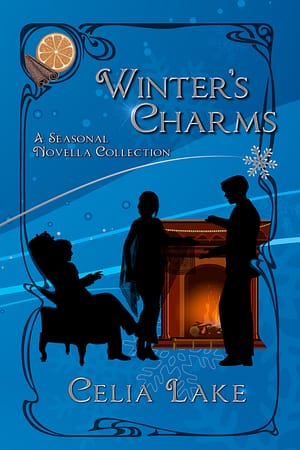
Period: Second World War
Romance: M/F, M/M/F, Established relationship
Content notes: Click here to reveal
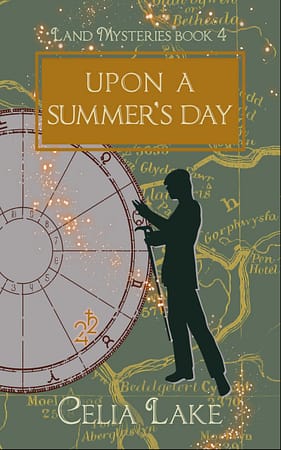
Showing books 1-16 of 16

You can also find more of a number of these characters in various of the extras I’ve written and shared.
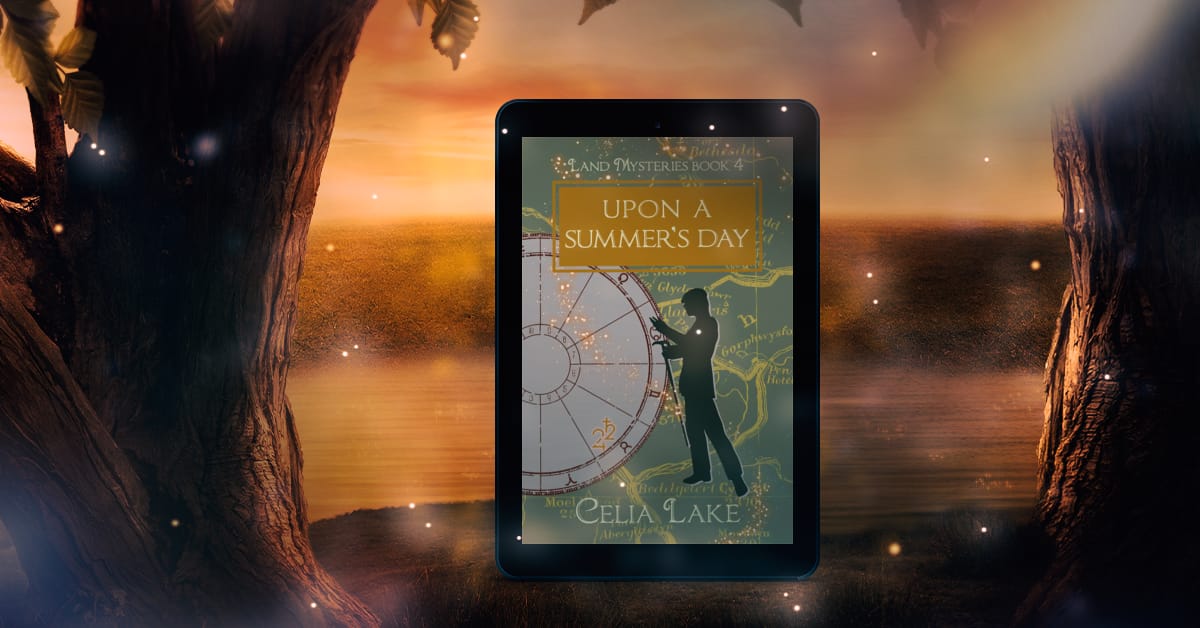
A quick word about me
I’m currently in the “Yeah, neurodiverse is a reasonable descriptor” space when it comes to myself. I haven’t pursued testing. (My current day job is pretty good for how my brain works and I don’t need to consider additional accommodations).
Learning more about what works for me (and what doesn’t) has definitely been helpful, however. And of the characters below, Thesan is definitely the one nearest what the inside of my head is like a fair bit of the time. Though we’ve got different specific interests!
Cadmus Michaels
The thing about Cadmus is that he’s of a specific and accepted autistic type for Britain in the early 20th century. He’s an eccentric, something of a hermit, with his own particular interests. Leave him alone in a decent library and everyone’s happy. In Seven Sisters, he’d just like to have time to translate Herodotus. Cadmus will be making an appearance as a secondary character down the road. His nephew Farran will be getting a romance in the Mysterious Arts series.
Elizabeth Mason
Mason appears in multiple books, but her ADHD is most visible in Pastiche (in 1906) and Complementary (her F/F romance in 1910). There’s a note about the Penelopes at the end of this article, but she’s one of the standard modes of Penelope. She’s a magpie for knowledge, she loves bouncing from problem to problem. And when she’s allowed to think the way she thinks best, she’s one of the best in the country at what she does.
(She does sometimes need reminding to turn in her forms and write things up. That’s part of why she and Agnes Witt, her longtime working partner, do so well together.)
Gabriel Edgarton
I’ve had the great pleasure of writing Gabe at multiple points in his life. He’s six during most of Pastiche. He’s a young adult – just finished apprenticing – in The Fossil Door (his romance). And then we see him in his late thirties into his early forties in Old As The Hills and Upon A Summer’s Day.
The thing about Gabe is that he has the neurodiversity (absolutely rampaging ADHD) without having picked up the trauma that many neurodiverse people experience. Gabe had the great good luck to have parents who might not always understand him, but who did do their utmost to support him. Often, that’s Richard, Gabe’s father, who loves him but who is baffled by his son on a regular basis. As in the quote below…
“How did you get from your challenge to colours for Holi?” Richard had to ask, and for several reasons.
That got Gabe throwing his head back, a long and loud laugh. “Hemington’s Fifth, one of the scribal errors from Erasmus Minor, the implications for fixatives, that thing Sorcha taught us about blaeberries, the way shed snake skin reacts in potions work, and stumbling into a patch of blackberries?” He laid out the chain almost casually. Long experience of his son had taught Richard how to follow it once it was laid out. But he would not have made half those jumps, even allowing for the fact Gabe had a vast store of obscure magical lore in his head that Richard did not.
Upon A Summer’s Day – chapter 13
But you can support someone without understanding them entirely. Gabe’s parents could and did help him find how to make his way in the world. (Again, see the general comments about the Penelopes below.) And they were able to give him adults in his life who thought about the world in different ways, which makes a big difference.
By the time Gabe’s a protagonist, he’s figured some of this out. But he hints a few times that he had a rather lonely and complex time at school, before he figured out how to get along with other people better.
Golshan Soltani
Golshan also has fierce ADHD – bees in his head, as he might describe it. In Casting Nasturtiums, he’s initially dealing with all the challenges of that when he’s limited to a wheelchair and – more relevant – boring environments. By Shoemaker’s Wife, a year or so later, he has plenty to keep him busy mentally (and physically). It’s also easy to see why he found his pre-War life coordinating vaudeville acts a constant delight. Plenty of problems to solve, lots of novelty, and a wide range of people to talk to.
Hypatia Ward
One of the two clearly autistic characters in Illusion of a Boar, Hypatia has taken the quieter road. She doesn’t always understand some of the social dynamics – but she won’t let it show. She’s passionately excellent about her particular field, but she knows it’s one most people don’t grasp. It takes the forced proximity of several other people to help her figure out how things could go a bit differently in her personal life.
Lewis Wright
It would be entirely reasonable, having read my books, to wonder if all alchemists are autistic. They probably aren’t all. However, in Albion, alchemy is definitely a high-status profession in which someone who is autistic (and inclined to alchemy) would excel. It allows for a range of kinds of work. But it also rewards understanding and following rules and consistency in practice.
Whatever the general truth is, Lewis is definitely autistic. He wants to do the things he wants to do, while understanding the need for commercial considerations. Once he’s out away from the plot of Perfect Accord, he can settle himself into a life of his own particular set of excellence.
(His wife in due course handles most of the social business obligations, until they hire someone who can run a shop and do most of that for them. It’s a very practical solution.)
Lynet Alder
It’s a little hard to tell how much of Lynet’s emotions and reactions in Bound for Perdition are neurodiversity, and how much is recent grief. However, I’d argue it’s some of both. She struggles with the politics and social dynamics of the situation she’s in, and she starts with a disadvantage in background as well. People don’t take her seriously, and they don’t understand her craft or respect it. (Fortunately, she does find help along the way.)
Orion Sisley
Orion would be the more obvious of the two autistic protagonists in Illusion of a Boar. When I got to chapter 7 of the book, and sent it off to Kiya, I got back “Orion’s autistic.” I couldn’t argue one bit.
That also made a lot more sense of his appearance in Eclipse, when he’s still at school. He’s stroppy and difficult for most of that school year, until Thesan suggests that Isembard break down the expectations more explicitly.
(One of my favourite scenes is the one in Illusion of a Boar where Orion turns up for supper, and Thesan and Isembard sort through what’s confusing him. I love how he trusts Thesan, in particular, to help him make sense. She can do it because while they don’t express what they’re feeling the same way, she understands the frustration and confusion.)
We will be seeing a bit more of Orion and how he views the world down the road, when I get to writing Claudio’s romance. (That’ll be out in early 2026. Got to set up some other aspects of the plot first!)
Thesan Wain
As I mentioned above, Thesan is in many ways the character closest to the inside of my head, though the specifics of our interests are different. When Kiya nudged me when I was writing the 2021 post about neurodiverse characters, and pointed out Thesan is arguably autistic, I had to stare at it for a while.
But she is. She has a ton of systems for managing her life. They work quite well for her, as does her passion for a topic that gives her a great deal of scope. We see both in Eclipse, when she and Isembard are falling in love. And we see more of her pattern matching, the thing she’s trained herself for, in Three Graces.
We’ll also be seeing more of her as a secondary character in The Magic of Four, out in May 2024.
Thomas Benton
I love Benton’s stalwart certainty. Like Cadmus, he’s a good example of a particular set of experiences being common at the time – and good for him. Benton came up in service in one of the great houses. Working below stairs had a lot of challenges and problems. But from Benton’s point of view, the expectations were always extremely clear. He knew what his duties were, even the social niceties were laid out.
During the Great War, he comes into Geoffrey Carillon’s orbit. And from there, it’s Carillon telling him what needs doing. Benton’s job is to figure out how to make that work, whether they’re on a foreign expedition or dealing with a country house party. Ancient Trust introduces both Carillon and Benton in 1922, and then there’s more of Benton’s excellent service and attention in Goblin Fruit, On The Bias (Benton’s own romance), and Best Foot Forward, among others.
Sometimes, it’s harder to tell
It can be very hard to distinguish a trauma response from neurodiversity at times – especially when the trauma is still fairly fresh. Reggie Hollis in Bound For Perdition is a good example. He’s more comfortable dealing with complex social situations than Lynet is, but he’s also had more experience and training doing it.
It’s also hard to tell where Robin Aelfdane fits. He’s clearly unlike some of his nearer family in some key ways, but was that his upbringing, him individually, or something else? You can read Fool’s Gold to decide for yourself. (And see more of Robin a few years earlier in Seven Sisters.)
When I was writing Illusion of a Boar, two of the POV characters (Orion and Hypatia) were pretty clearly neurodiverse. Claudio is pretty clearly neurotypical. Cammie? Well, Cammie’s a little more complicated. I make an argument in my Idea to Book post about Illusion of a Boar that involves a spoiler. If you’ve read the book, go check it out and see if you agree with me!
Sometimes I can’t tell, even having spent a lot of time inside a given character’s head. Both Geoffrey Carillon and Alexander Landry are entirely too good at masking (sometimes even from themselves) to make it easy to figure out how their brains work on a fundamental level. They have excellent coping skills for many things. They’ve both needed them. Best Foot Forward (and to some extent, Upon A Summer’s Day) are the most relevant titles to look at here.
The Penelopes
Finally, that note about the Penelopes. For those not familiar, “Penelope” is the general term for the people who untangle complicated magical mishaps in Albion. They sometimes work with the Guard or the Courts when there’s a legal issue or investigation. But they’re also the people you call if a bomb dropped in the Blitz near your alchemical lab and you don’t know what broke in the glassware. Or when your elderly relative may have done something unfortunate with ritual magic and you don’t know if it’s safe to go in and check on them.
Kiya and I have been saying for a while that there are token Penelopes who are male, token Penelopes that are straight, and token Penelopes who are neurotypical. But there might not be anyone who’s all three at the same time. Their particular livelihood certainly benefits from thinking outside of the societal norms in varying ways, and being willing to explore alternate modes. Pastiche and Old As The Hills are especially relevant here, as is an arc of Illusion of a Boar and the related extras.
Forthcoming books
Finally, The Magic of Four, out in May, has another example. Leo Fortier is definitely autistic in the same vein as his mother, Thesan. It makes being 14 and at school rather a challenge in several ways, especially since he’s unwilling to bend or break rules. Like Gabe, however, he’s been blessed to have parents who support him in learning how he does things best. (Even if it makes his Uncle Garin annoyed.)
Avigail Edgarton is also very much her father’s daughter, but it’s not clear exactly how much of Gabe’s ADHD is in her head. She’s certainly inherited his curiosity and desire to know all the things, however.
And as I said above, if you read other characters as neurodiverse, that’s just fine with me! I can see arguments for a number of others.

